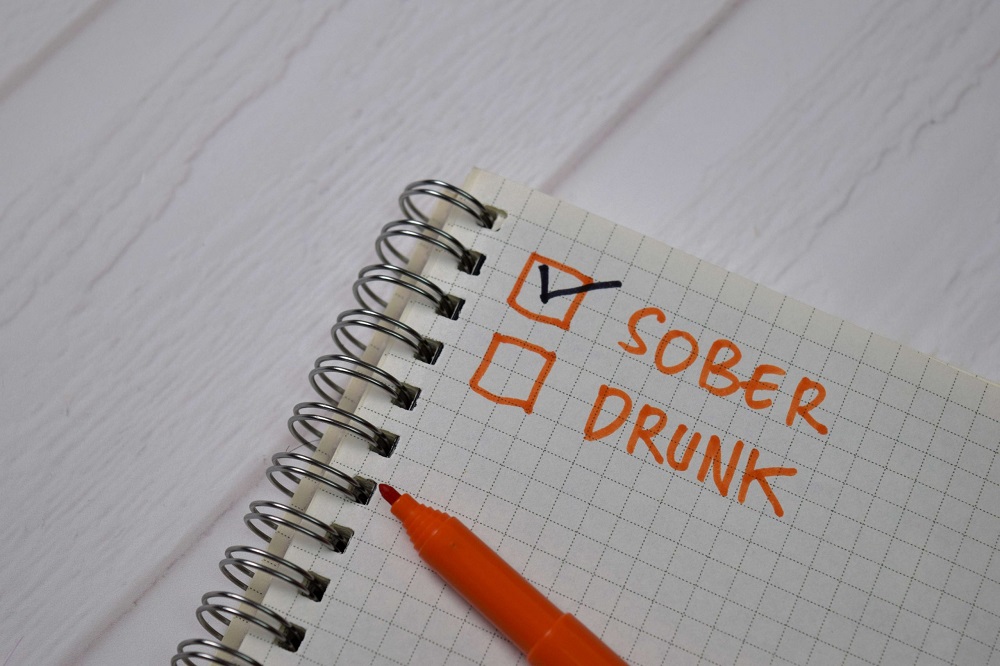Exploring, in writing, what you find difficult and when you most want to drink can help you notice patterns that offer more insight into your alcohol use. Maybe you’ve never been interested in logging your innermost thoughts, but journaling can be a great tool to track your feelings as you work on quitting alcohol. To stop drinking alcohol, you first need to understand your relationship with drinking. From there, you may need social support, consistent self-care, and new routines that can help redirect your mind.
Who Can Benefit From Tapering Their Alcohol Intake
If you decide to taper with benzos, don’t mix them with alcohol. Mixing alcohol with benzos is very dangerous and will land you in the hospital really fast. Withdrawal is different for everyone; there really is no “normal” and it can be hard to predict an individual person’s experience.
Symptoms Of Alcohol Withdrawal
You don’t have to mention anything about your drinking if you don’t want to, but make sure you’re in good shape. Remember, doctors are (usually) intelligent people who spent over a decade studying medicine to help people. Everything you say is confidential and you’re paying them to HELP you. These schedules are largely based on my experience of self tapering, what I’ve read on r/dryalcoholics and HAMS Harm Reduction Guide to Tapering.
Pros of Tapering Down Alcohol Intake
- If you were to suddenly stop drinking alcohol, your receptors would become hyperactive because they are no longer being depressed.
- These symptoms can vary in severity and duration, depending on factors such as the level of alcohol dependency and individual differences.
- It is important to remember that quitting alcohol is a highly personal journey, and the most effective strategy may vary from person to person.
It can be a particularly helpful way to help you get a clearer understanding of your drinking habits and your relationship with alcohol. It’s a 10-question screening test that gives you research-backed, personalized advice for quitting or reducing your intake of alcohol. If alcohol consumption starts affecting your performance and responsibilities at work, school, or home life, it’s a sign that your drinking may need to be put in http://troderstro.ru/2011/07/page/4/ check. The shift from occasional drinking to alcohol taking precedence over responsibilities indicates a problematic relationship with alcohol. Acknowledging this can lead to seeking help and exploring healthier coping mechanisms, aiming for a more balanced life. These include direct tapers, where you regularly decrease the amount of alcohol you consume, and substitution tapers, where you replace alcohol with another substance.
The gradual reduction method, also known as tapering off alcohol, involves gradually reducing the amount of alcohol consumed over a period of time. This approach allows individuals to slowly wean themselves off alcohol and minimize the severity of withdrawal symptoms. For most people, alcohol withdrawal symptoms will begin to subside after 72 hours. If you are still experiencing withdrawal symptoms after three days, talk to your healthcare provider. Tapering gradually lowers the amount of alcohol that you use over time.

- If you’ve been drinking for a long time, you may experience withdrawal symptoms when you quit drinking.
- How to cope with cannabis (weed) withdrawal symptoms, including sleep problems, strange dreams, anxiety, anger, sweats and changes in your appetite.
- Feeling at your best physically can boost resilience and emotional strength, equipping you to weather challenges that trigger the desire to drink.
Seeking professional help is an important step in quitting alcohol. Professionals, such as doctors, therapists, counselors, or addiction specialists, can provide valuable guidance and expertise tailored to your specific needs. They can help http://www.dogswar.ru/oryjeinaia-ekzotika/bronetehnika/4614 you develop a personalized treatment plan, address any underlying issues contributing to your alcohol use, and provide ongoing support. Many people struggle with alcohol addiction and want to quit but are unsure of how to do so safely.

You’ll need to stick with gradual reduction every day and not revert to previous levels of consumption, otherwise it won’t work. If it’s too hard to control how much you drink each day, weaning might not be the right strategy. That said, there are now several medications that can help reduce your cravings and make weaning off alcohol easier. Alcohol withdrawal http://www.cwshop.ru/product_info/1083/ occurs when neurotransmitters that combat the effects of alcohol on the nervous system suddenly have nothing to counteract them. Essentially, when an individual drinks, the brain amplifies certain activities to counterbalance the depressive effect alcohol has on it. When that numbing sensation disappears entirely, the brain is left dangerously overstimulated.
- As a Certified Professional Recovery Coach, I often speak with people who want to wean off alcohol.
- When someone drinks alcohol for a prolonged period of time and then stops, the body reacts to its absence.
- Daily drinking can have serious consequences for a person’s health, both in the short- and long-term.
- Dr. Streem suggests starting with the World Health Organization’s Alcohol Use Disorders Identification Test (AUDIT).
- Remember, doctors are (usually) intelligent people who spent over a decade studying medicine to help people.
A rare but very serious syndrome called delirium tremens can occur during alcohol withdrawal. Also known as DTs, an estimated 2% of people with alcohol use disorder and less than 1% of the general population experience them. When someone drinks alcohol for a prolonged period of time and then stops, the body reacts to its absence. This is alcohol withdrawal, and it causes uncomfortable physical and emotional symptoms.
Behavioral treatment programs are helpful for people who want to quit drinking. These programs involve working with a team of mental health professionals in a group and individual setting. Recovery is a lifelong process, and safely tapering off of alcohol is the first step towards achieving the life you want. It’s important to nurture a healthy relationship with your body so you can have a healthy relationship with your mind. You can start building the foundation for a happy future by going to rehab for alcohol. If you were to suddenly stop drinking alcohol, your receptors would become hyperactive because they are no longer being depressed.
